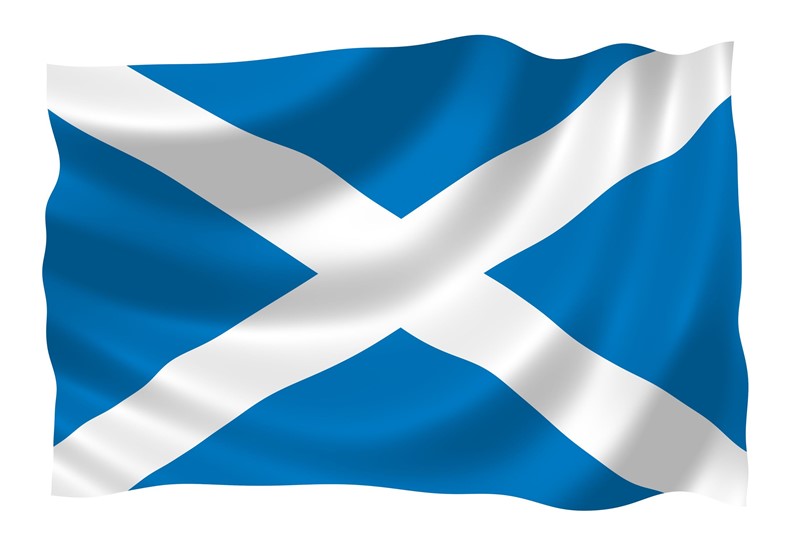There has been a 10.1% increase in twelve Scottish government grants that are delivered through Social Security Scotland. Seven of these benefits are only available North of the border.
The Scottish Social Security Minister said the following:
“We are committing £5.2 billion for social security benefits in 2023-24, providing support to more than one million people in Scotland. This is £776 million above the level of funding we are forecast to receive from the UK Government for social security through Block Grant Adjustments.
“The choices we have taken in our Budget represent a significant investment in people and are key to our national mission to tackle child poverty. They will help low-income families with their living costs, support people to heat their homes in winter, and enable disabled people to live full and independent lives. This is money that will go directly to people who need it the most.”
The benefits that have increased are:
- Child Winter Hearing Assistance
- Carer’s Allowance Supplement
- Young Carer Grant
- Job Start Payment
- Best Start Grant Early Learning Payment
- Best Start Grant School Age Payment
- Adult Disability Payment
- Child Disability Payment
- Best Start Foods
- Best Start Grant Pregnancy & Baby Payment
- Funeral Support Payment
- Winter Heating Payment
In addition, the Scottish Child Payment increased to £25 per week from 14 November 2022. The payment is available to qualifying applicants living in Scotland for children under the age of 16. This represented a 150% increase in eight months.












